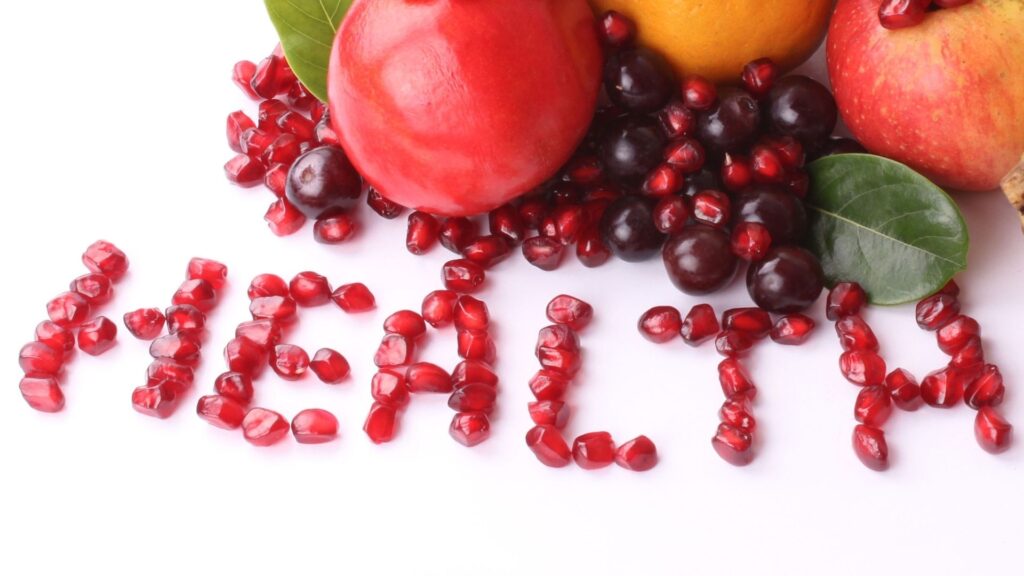Cinnamon is rich in antioxidants and other beneficial compounds. Some research suggests that it may help you manage blood sugars, protect against heart disease, and reduce inflammation.
Cinnamon is a spice that has been prized for its medicinal properties for thousands of years.
In recent years, modern science has started to confirm many of the potential health benefits associated with cinnamon.
Here are 10 health benefits of cinnamon that are supported by scientific research.
1. Contains powerful medicinal properties
Cinnamon is a spice that is made from the inner bark of trees scientifically known as Cinnamomum.
It has been used as an ingredient throughout history, dating back as far as Ancient Egypt. It used to be rare and valuable and was regarded as a gift fit for kings (1Trusted Source).
These days, cinnamon is affordable and widely available in most supermarkets. It’s also found as an ingredient in various foods and recipes.
There are two main types of cinnamon (1Trusted Source):
- Ceylon cinnamon: This type is also known as “true” cinnamon.
- Cassia cinnamon: This is the most common variety today and what people generally refer to as “cinnamon.”
Cinnamon is made by cutting the stems of cinnamon trees. The inner bark is then extracted and the woody parts removed.
When it dries, it forms strips that curl into rolls, called cinnamon sticks. These sticks can be ground to form cinnamon powder.

The distinct smell and flavor of cinnamon are due to the oily part, which is very high in the compound cinnamaldehyde (2).
Scientists believe that this compound is responsible for most of cinnamon’s powerful effects on health and metabolism (3Trusted Source, 4Trusted Source).
Summary
Cinnamon is a popular spice. It’s high in cinnamaldehyde, which is thought to be responsible for most of cinnamon’s health benefits.
2. Loaded with antioxidants
Antioxidants protect your body from oxidative damage caused by free radicals (5Trusted Source).
Cinnamon is loaded with powerful antioxidants, including polyphenols (1Trusted Source).
One study found that cinnamon supplementation could significantly increase antioxidant levels in the blood while reducing levels of markers used to measure inflammation, such as C-reactive protein (6Trusted Source).
In fact, the antioxidant effects of cinnamon are so powerful that it can even be used as a natural food preservative (7Trusted Source).
3. May have anti-inflammatory properties
Inflammation is incredibly important, as it helps your body respond to infections and repair tissue damage.
However, inflammation can become a problem when it’s chronic and directed against your body’s own tissues (8Trusted Source).
Cinnamon may be useful in this regard. Studies show that this spice and its antioxidants have potent anti-inflammatory properties (9Trusted Source, 10Trusted Source).




